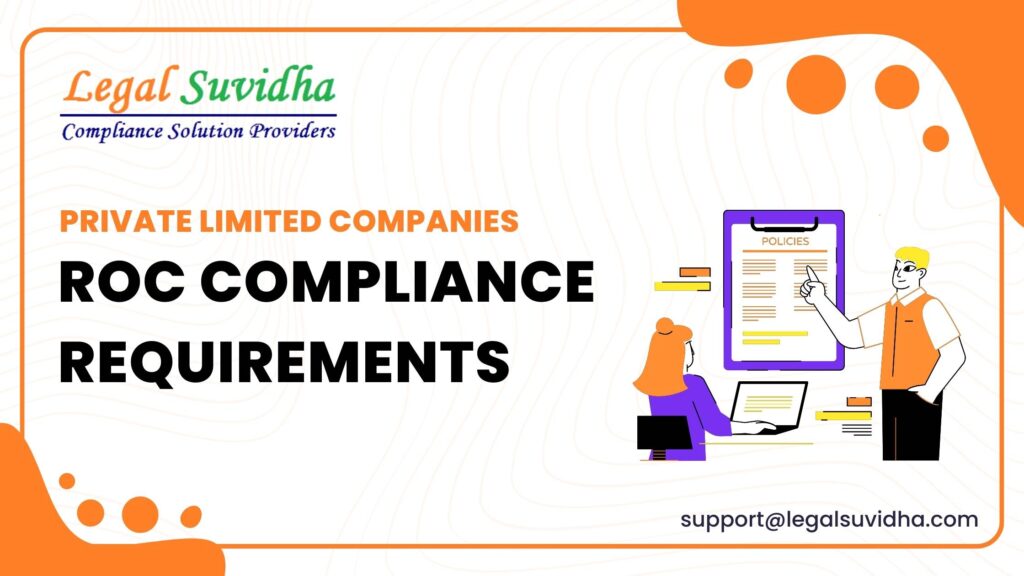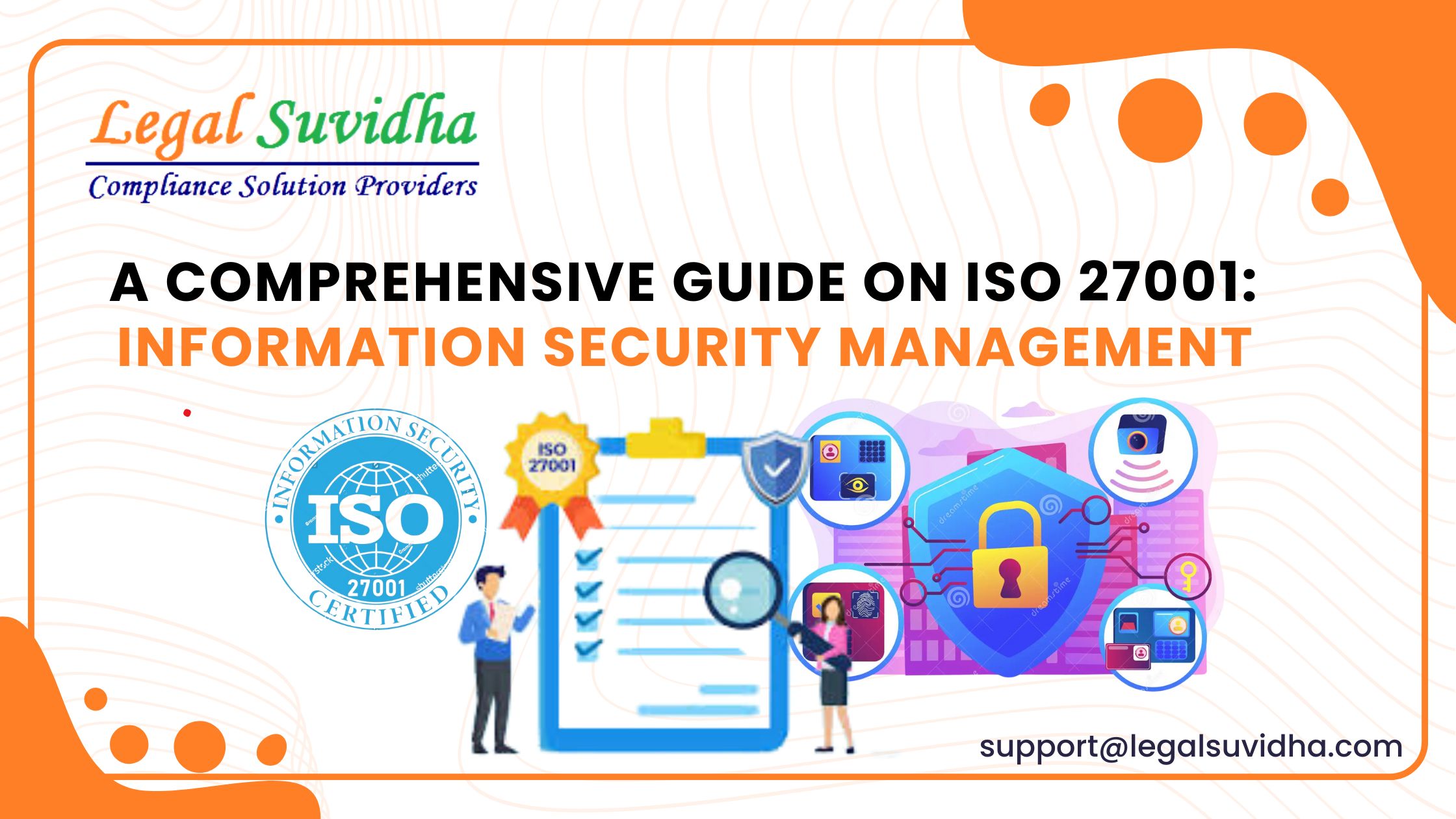A private limited company is a separate legal entity with perpetual succession and limited liability for its members. To keep its status active under the Companies Act, 2013, it must meet a range of ROC compliance deadlines. Missing these deadlines can lead to penalties or even removal from the register. Below is a comprehensive guide to mandatory annual filings and event‑based notifications.
1. Mandatory Annual ROC Compliances
Why It Matters: Timely annual filings maintain your company’s legal standing and avoid fines.
Key Requirements:
-
- Board Meetings:
- First meeting within 30 days of incorporation; at least two meetings each financial year.
- Quorum: One‑third of directors or two directors, whichever is higher.
- Notice: Minimum 7 days’ written notice; minutes must be recorded and preserved.
- Annual General Meeting (AGM):
- All companies except OPCs must hold an AGM.
- First AGM within 9 months of year‑end; subsequent AGMs within 6 months.
- Gap between AGMs must not exceed 15 months; 21 days’ notice required.
- Filing of Tax and Annual Returns:
- Accounts audited and Income Tax Return filed yearly.
- RoC filings: AOC‑4 within 30 days of AGM; MGT‑7 within 60 days of AGM.
- Statutory Registers:
- Maintain up‑to‑date registers of members, share transfers, minutes, and charges.
- DIN KYC Compliance:
- Directors file DIR‑3 KYC annually; ₹5,000 fine for late or non‑filing.
- Commencement of Business:
- File INC‑20A within 180 days of incorporation to obtain the certificate of commencement.
- Board Meetings:
2. Event‑Based ROC Compliances
Why It Matters: Reporting corporate changes maintains transparency and avoids regulatory action.
Key Notifications:
-
- Changes in Directors: File DIR‑12 within 30 days of appointment or cessation.
- Authorized Share Capital Changes: File SH‑7 within 30 days of alteration.
- Return of Allotment:
- MGT‑14 within 30 days of passing the resolution.
- PAS‑3 within 15 days of allotment.
- Charges on Assets:
- CHG‑1 within 30 days of creating/modifying a charge (120 days with fee).
- CHG‑4 within 30 days of satisfaction of charge.
- Auditor Changes:
- ADT‑1 within 15 days of appointment.
- ADT‑3 within 30 days of resignation.
- Registered Office Change:
- INC‑22 for relocation within the same RoC jurisdiction.
- MGT‑14, RD approval (Form 23), and INC‑28 when moving outside the jurisdiction.
- Delayed MSME Payments: Biannual filings (by April 30 & October 30) if payments exceed 45 days.
- Return of Deposits: DPT‑3 by June 30 each year.
- Resolutions & Agreements: MGT‑14 for all significant board/shareholder resolutions.
- Change in Books Location: AOC‑5 within 7 days of moving registers or accounts.
- Substantial Beneficial Ownership: BEN‑2 to declare significant owners of shares.
Take Action Today
- Book a Free Credibility Consultation
- Call us at +91 81306 45164 for expert ROC compliance support.
Final Thought:
Adhering to ROC compliance schedules is essential for maintaining your company’s legal validity and reputation. At LegalSuvidha, we keep you on track with every filing and notification—so you can focus on growing your business with confidence.








